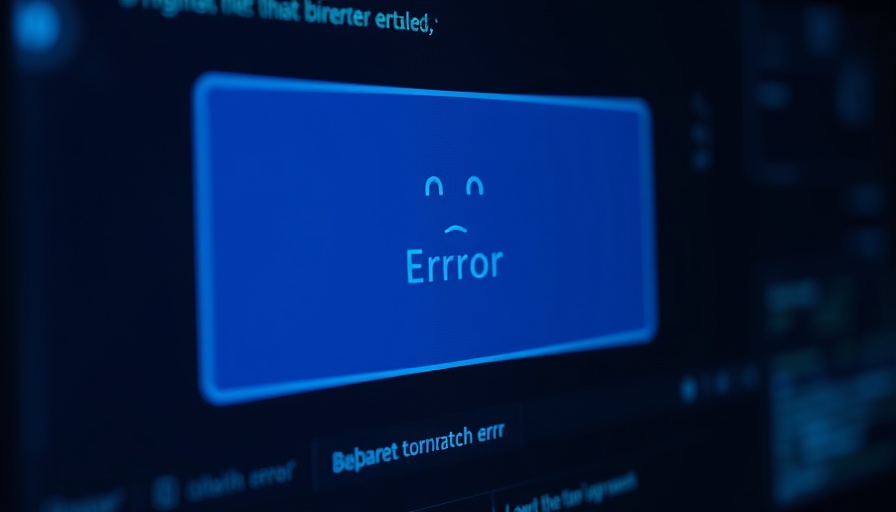
A Transition to Microservices: A Game Changer for Development
In the rapidly evolving tech landscape, companies are constantly seeking innovative ways to enhance their software development approaches. One of the most transformative strategies has been the shift from a monolithic architecture, or a "big system," to a microservices architecture. This article explores that transition, offering insights into how companies can reap the profound benefits associated with this change.
Understanding the Rationale Behind Microservices
The monolithic architecture approach, where all components of a software application are tightly interconnected, limits scalability and flexibility. Such systems become cumbersome over time due to their intricately bound functionalities. In stark contrast, microservices break down applications into smaller, more manageable, independent services. This allows teams to develop, deploy, and scale each service individually, promoting agility and operational efficiency.
The Benefits of Embracing Microservices
Implementing microservices can drastically enhance an organization's development capabilities. Firstly, microservices foster an Agile DevOps environment where teams can adopt iterative approaches for quicker releases and updates. By decoupling services, teams can streamline their processes, enabling faster feedback loops and reducing time-to-market.
Additionally, microservices enhance fault isolation. When an issue arises in one microservice, it does not jeopardize the entire application’s functionality, thus ensuring greater system reliability. Organizations can deploy updates to individual services with minimal risk, enhancing their overall resilience.
Securing Microservices: DevSecOps in Action
A critical aspect of transitioning to microservices is incorporating security measures from the start, which is where DevSecOps comes into play. As organizations adopt microservices, they must ensure that security practices are embedded throughout the development lifecycle. Involving security teams in the design and deployment phases not only protects individual microservices but also enhances the overall security posture of the organization.
Real-World Applications and Success Stories
Many companies have successfully adopted microservices. For example, Netflix pioneered the approach to manage their massive streaming service by breaking it down into microservices that sit behind a responsive API. This structure allows them to quickly address customer needs and deploy features independently, which is crucial for a service relying heavily on consistent uptime and performance.
Similarly, Amazon has reaped substantial benefits from transitioning to microservices, allowing them to optimize their systems for improved customer experiences and operational efficiency. By decentralizing services, the retail giant has been able to innovate continuously and maintain its competitive edge.
The Future of Development: Opportunities and Challenges
As more organizations recognize the advantages of a microservices architecture, the future of software development is likely to pivot increasingly toward decentralized models. However, adopting microservices comes with its own set of challenges, such as managing distributed systems and ensuring seamless service communication. Organizations must prepare for these complexities while leaning on Agile principles and collaboration among teams.
Conclusion: Are You Ready for Microservices?
The transition from monolithic systems to microservices is undoubtedly a journey filled with numerous opportunities and challenges. For organizations keen on scalability, efficiency, and resilience, this strategy could be the key to unlocking new potential. By integrating Agile DevOps and DevSecOps practices into their workflows, companies can not only offer impressive technological advancements but also foster a culture of innovation. If your organization has yet to explore microservices, it’s time to consider how this architecture can propel your development strategies forward.
 Add Row
Add Row  Add
Add 




Write A Comment